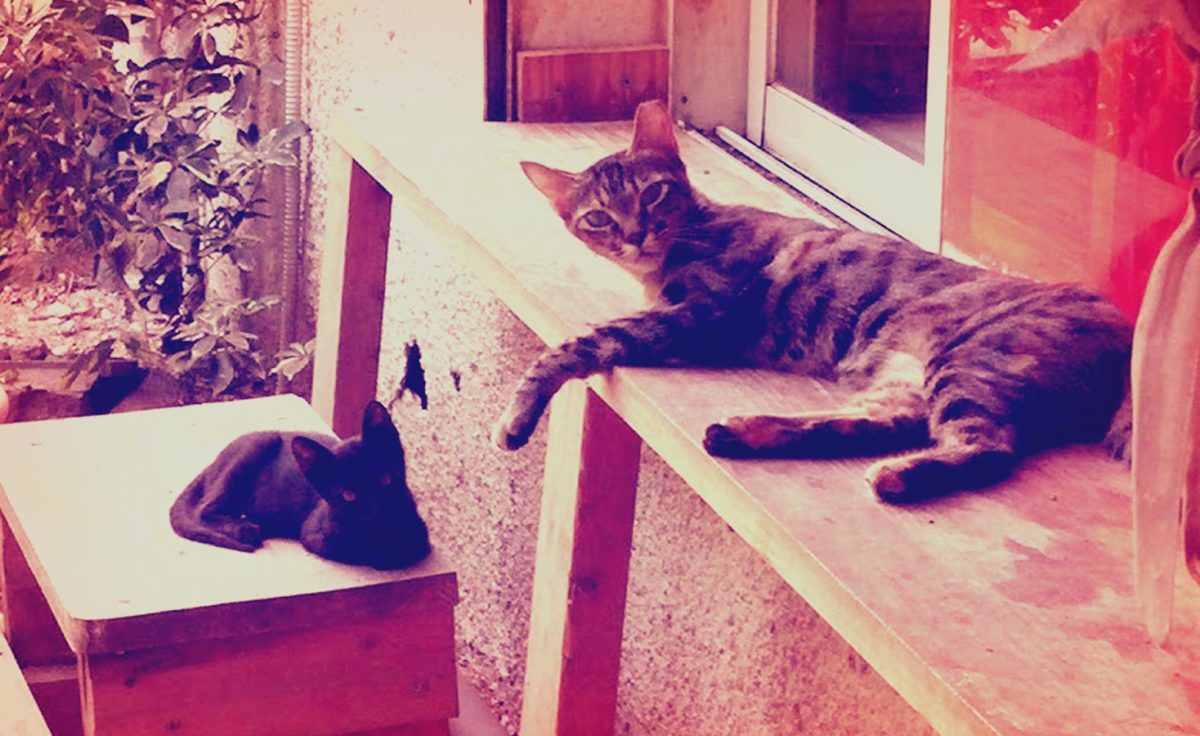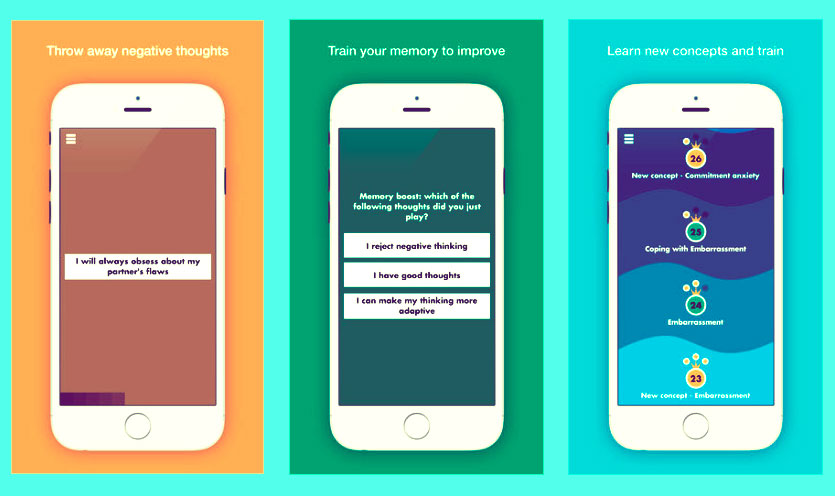During the last couple of weeks, we took the opportunity and sent a push notification, asking for our valuable users to take a short survey.
We now concluded 90 days since launch, and wanted to take a little snapshot of the way things shape for our new platform and for the people who tasted it. We mainly wanted to know two things:
- Is the app helpful?
- Are you, the users, satisfied?
So here are the results:
- 68% overall thought the app was helpful and useful.
- 74% of the people who did buy thought it was helpful and useful.
- There weren’t any significant differences between women and men.
- The results also showed that GG RO helped people with relationship related anxieties.
- The higher level people reported reaching on GGRO and the more times playing, the less relationship related anxiety and preoccupation they reported.
- Similarly, the more people thought GGRO was effective, the less symptoms they reported. This suggest that people playing GGRO consistently and according to the 3 level per-day rule, may significantly benefit from training.
So, that’s about it for now. We have, together, tested the waters. We had some amazing response from individuals who reached out and wanted to share their impressions and appreciation for what we are trying to do.
It was important for us to try and reach a pool of opinions and views and now we know we are on the right track, and feel motivated to improve the app and platform to help more people and make sure more users are satisfied.
In the near future, we will be launching GG OC – an app that potentially targets a larger audience (OCD > ROCD), and prior to expanding, we wanted to make sure what we have done so far is acceptable.
If you have anything to add or suggest, please feel free to write to us.
And many thanks to our amazing community and for everyone who took the time to submit their surveys.
If you are interested in more detailed data, please visit A/Prof Guy Doron’s post on rocd.net.
[su_button style=”flat” size=”8″ background=”#98b739″ url=”http://rocd.net/pilot-study-conducted-on-ggro-showed-encouraging-results”]View detailed results on rocd.net[/su_button]
.



